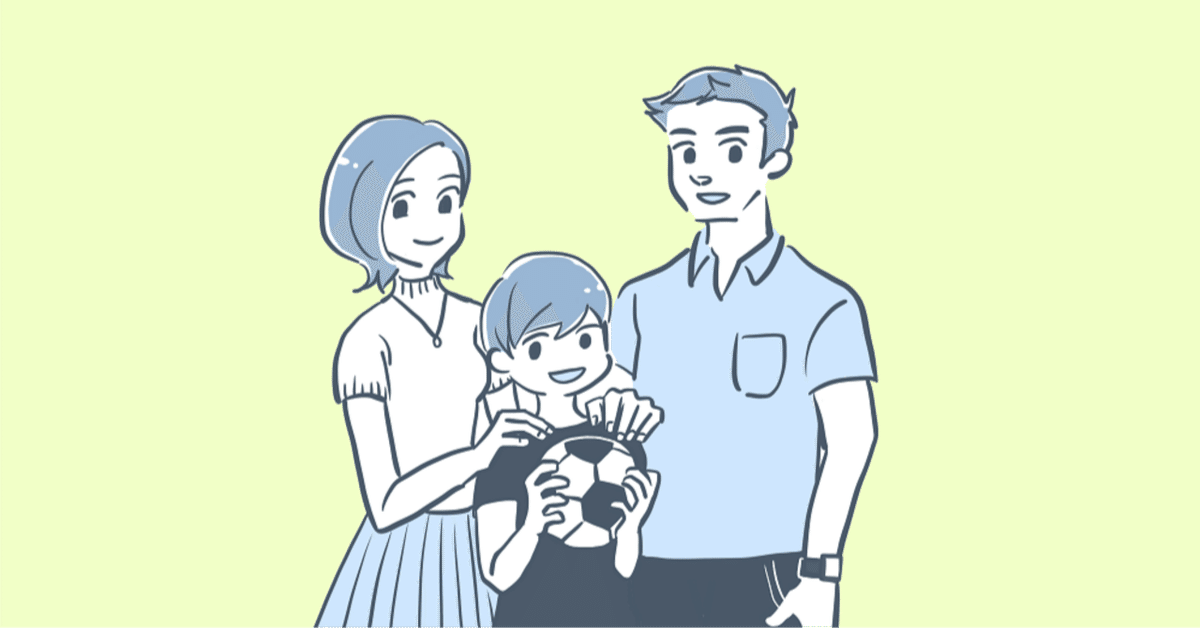
20240104【論文ノート:generativity】パートナーとの関係の質との関連
私の主な関心が,独身などで「パートナーが不在」の場合のgenerativityなので,この研究は私の関心には関係のないものでしたが,配偶者との関係性の良し悪しとgenerativityに関心のある人には示唆のある結果をしてしめしているのではと思われました。
【書誌情報】
Peterson, B. E., & Duncan, L. E. (2007). Midlife women’s generativity and authoritarianism: Marriage, motherhood, and 10 years of aging. Psychology and Aging, 22(3), 411–419.
https://doi.org/10.1037/0882-7974.22.3.411
○調査協力者
Participants were part of a longitudinal study of well-educated women who graduated in 1964 from Smith College, a highly selective single-sex liberal arts institution on the East coast. Data came from surveys collected in 1995 and 2005. In all, 141 women completed surveys in 1995. In 2005 these women were contacted again, and 81 women returned surveys (57% response rate). In 1995 the women were 52 years old.
参加者は、東海岸にある男女共学のリベラルアーツ教育機関であるスミス・カレッジを1964年に卒業した高学歴女性を対象とした縦断的研究の一部である。データは1995年と2005年に収集された調査から得られた。1995年には141人の女性がアンケートに答えた。2005年には、これらの女性たちに再度連絡を取り、81人の女性たちが調査票を返送した(回収率57%)。1995年の女性の年齢は52歳であった。
○世代性の測定方法
In 1995, the sample was administered the Loyola Generativity Scale, developed by McAdams and de St. Aubin (1992). This is a 20-item measure that assesses a participant’s conscious concerns with generativity. Items were answered on a 5-point scale (1 = strongly disagree to 5 = strongly agree). Sample items included “I feel as though my contributions will exist after I die” and “I feel as though I have done nothing of worth to contribute to others” (one of six reverse-scored items). In the current sample, the alpha associated with the 20 items of the Loyola Generativity Scale was .87. The item mean was 3.96 (SD = 0.50).
1995年時の調査:McAdams and de St.Aubin(1992)によって開発されたLoyola Generativity Scaleが実施された。この尺度は20項目からなり、参加者の生成性に対する意識的な関心を評価するものである。項目は5段階(1. 強くそう思わない~5.強くそう思う)で回答した。サンプル項目には、「自分の貢献は死後も存在するような気がする」、「他者に貢献するような価値のあることは何もしていないような気がする」(6つの逆得点項目のうちの1つ)が含まれる。
今回のサンプルでは、Loyola Generativity Scaleの20項目に関連するα係数は.87であった。項目平均は3.96(SD = 0.50)であった。
○MarriageとParentingに関する自由記述による測定
Throughout the 2005 survey, participants were asked to respond to several open-ended queries. One set of questions was organized around the following prompt: “We’re interested in your reflections on your life so far. What have you learned from your experiences in the following domains? Skip any that do not apply to your life.” Two of the domains under these general instructions were “living with a spouse or partner” and “raising children.” Participants had about a 2.5-cm space in which to respond to each query.
Living with a spouse or partner. In their written responses, almost all of the participants discussed the quality of their own marriage or partnership. Four themes were content coded according to their simple presence (1) or absence (0): general happiness, support and love, self-growth in the partnership, and marked ambivalence in the partnership.
Motherhood. In the current sample, 92% of the women were mothers. For these women, five themes were content coded individually as present (1) or absent (0): happiness about motherhood, happiness about grandmotherhood, self-growth through motherhood, parenting is hard to do, and positive traits in children.
2005年の調査では,調査協力者は自由記述形式の質問に答えるよう求められた。教示の例を以下にあげる。「あなたのこれまでの人生を振り返ってみたいと思います。以下の領域での経験から何を学びましたか?あなたの人生に当てはまらないものは飛ばしてください。」
この一般的な指示のもとに,①配偶者またはパートナーとの生活,②子育て,の2つの領域について調査協力者は約2.5cmのスペースで回答した。
①の配偶者またはパートナーとの同居に関しては,「一般的な幸福感」,「サポートと愛情」、「パートナーシップにおける自己成長」,「パートナーシップにおける著しい両価性」の4つの視点で0,1のコーディングが行われた。
②の子育てに関しては,92%の女性が母親であり,それらの記述から,「母親であることの幸せ」,「祖母であることの幸せ」,「母親であることを通しての自己成長」,「子育ての大変さ」,「子どものポジティブな特性」が0,1でコーディングされた。
○代表的な結果:世代性得点と①配偶者またはパートナーとの生活,②子育ての相関係数
おそらく,LGSの20項目を合計したgenerativity得点と,0,1で2値かしたものの相関係数を算出したところ,「サポートと愛情」「祖母であることの幸せ」「母親であることを通しての自己成長」との間に正の相関がみられ,「パートナーシップにおける著しい両価性」との間に負の相関がみらていました。
「パートナーシップにおける著しい両価性」はそのコーディングの仕方より,基本的にパートナーに否定的な感情を持つと1とコーディングされるので,パートナーに否定的な感情を持つことはgenerativityの得点を下げるように働くことが示唆されていると考えられます。
